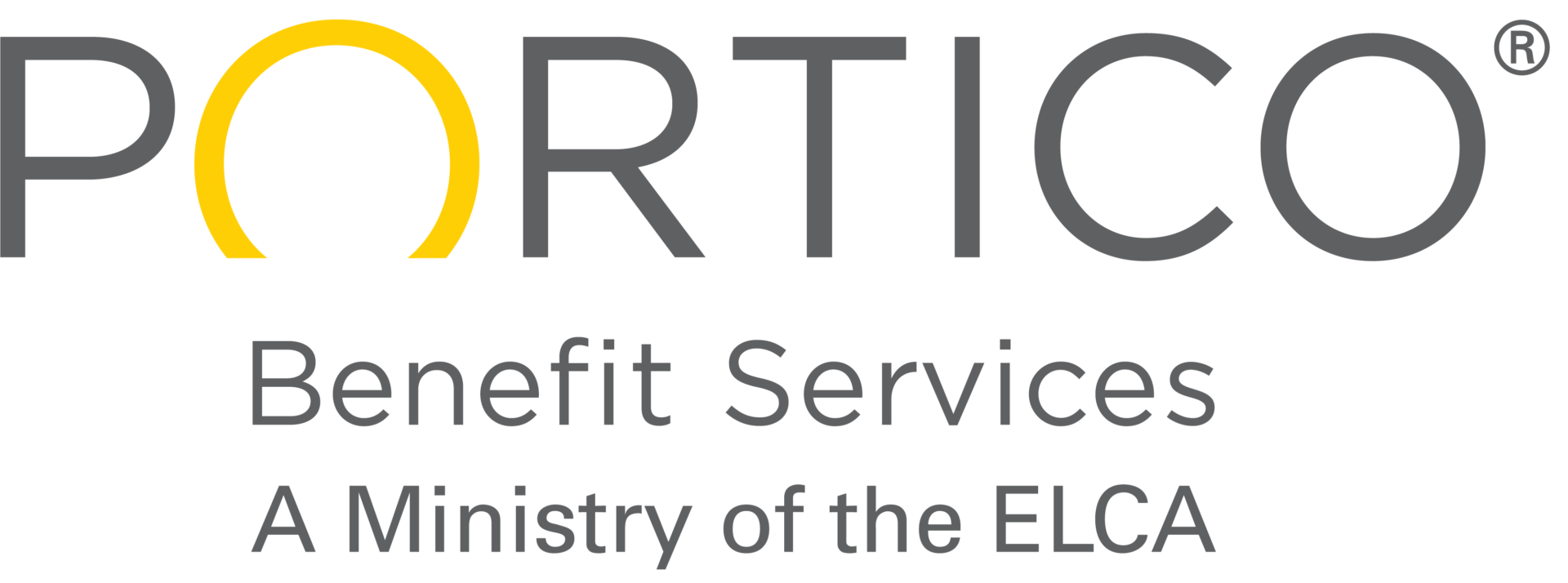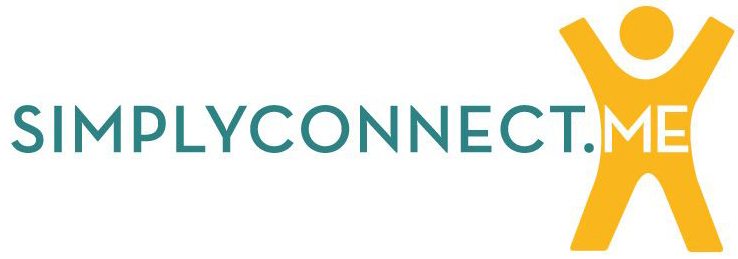Home > Our Work > Health & Housing > Coalition for Better Social Care > Reimagining Care Transitions for Older Adults
LUTHERAN SERVICES IN ACTION
A Series of Case Studies
Reimagining Care Transitions for Older Adults
Preventing hospital readmissions is a critical concern for people receiving care, their family caregivers and U.S. health systems. In 2018, a staggering 3.8 million adults in the United States were readmitted to a hospital within 30 days of a hospital stay, instead of remaining safe and healthy at home. The issue of high readmission rates is particularly acute among older adults—60 percent of readmissions were for Medicare-insured individuals. Readmissions have significant cost implications, with the average readmission costing $15,200, with pocketbook implications for individuals, health insurers and publicly funded systems of care.



Lutheran Services in America members are leaders in piloting and growing innovative and sustainable care transitions models that ensure adults can remain safe and healthy at home after a hospital stay. This case study highlights Lutheran Social Service of Minnesota’s unique model, LSS Healthy Transitions, which leverages community health workers (CHWs) to address the personalized needs of older adults and prevent hospital readmissions across the state of Minnesota. Its successful model is a prime example of how Lutheran agencies—including members of the Lutheran Services in America Coalition for Better Social Care—are leading innovative partnerships and new staffing models to promote whole person health and address health-related social needs in communities across the country.

Pictured (left to right): Ashley Washington: Senior Director, Aging Initiatives with Lutheran Services in America and Lisa Beardsley, Program Director of LSS Healthy Transitions and Neighbor to Neighbor Companion services with Lutheran Social Service of Minnesota.
The Lutheran Advantage in Reaching and Building Trusted Relationships with Older Adults
As a trusted, respected leader in health and human services founded in 1865, Lutheran Social Service of Minnesota was approached by a health care partner in 2016 to explore a statewide partnership around care transitions. The health care partner approached LSS in part due to the success of their Senior Companion Program service model where trained volunteers aged 55 and older visit individuals for 3–4 hours a week to provide “support, friendship, and transportation.” While the health care partner and Lutheran Social Service of Minnesota initially thought of leveraging the Senior Companion Program’s volunteer service model, Lutheran Social Service of Minnesota realized it would be difficult to find volunteers to provide the level of support needed while meeting the benchmark of contacting discharged older adults in their home within 3–5 days following their hospital stay.
Serendipitously, Lutheran Social Service of Minnesota had recently heard about service models leveraging community health workers (CHWs) and began exploring this staffing model for the new partnership. “After some research, we found that community health workers were uniquely educated and qualified to do this work,” shared Melissa Grimmer, senior director of Caregiver and Companion Services with Lutheran Social Service of Minnesota and executive champion of the service.
The journey from conversation to partnership with the health care partner lasted nearly two years—culminating in 2018 with the launch of LSS Healthy Transitions. The service now has several successful partnerships with health systems and health plans across the state, including Minnesota’s voluntary Medicare managed care plan, Minnesota Senior Health Options.
Lutheran Social Service of Minnesota holds a unique advantage for health care partners because of its statewide reach and ability to provide scale to health partners for individuals in all types of communities. The organization has designed its team structure to leverage CHWs, program coordinators, and Senior Companion volunteers to help its partners serve communities which may be hard to reach.
Grimmer shared that the benefits of this CHW-led model are far-reaching and applicable to all types of communities (rural and metro) and diverse populations. “This service can help improve older adults’ health. Whether they are low-income or from a different culture, we’re able to provide them support and navigation through the health care system that breaks down barriers and makes it easier to understand.”
The CHW-led program has impacted the lives of older adults throughout Minnesota, reducing hospital readmissions and helping older adults better navigate the complex care journey of transitioning home after a hospital stay.
The Decision to Use Community Health Workers
“A community health worker (CHW) is a frontline public health worker who is a trusted member or has a particularly good understanding of the community served. A CHW serves as a liaison between health and social services and the community to facilitate access to services and to improve the quality and cultural competence of service delivery.”
– Centers for Disease Control and Prevention
Lutheran Social Service of Minnesota chose to use a community health worker
(CHW)-led model for several key reasons:
- CHWs offer valuable skillsets in promoting whole person health and addressing the personalized needs of individuals in communities. Grimmer cited a number of “incredibly useful” skillsets of CHWs, including “motivational interviewing, health education, health care navigation, resource provision and connection, advocacy, outreach, cultural competency and building trust.”
- CHWs are well-versed in social determinants of health. In addition to health education and coaching, the LSS Healthy Transitions service also focuses on how “the state of one’s environment can influence their overall health or wellbeing such as economic stability, food stability, or access to things like housing or education.” LSS Healthy Transitions employees spend time talking to individuals about social determinants of health like “social supports and needs, their nutrition, transportation opportunities and barriers,” while also assessing “built environment for safety and falls risk [and] their ability to understand their discharge orders and medications,” said Lisa Beardsley, program director of LSS Healthy Transitions and Neighbor to Neighbor Companion services with Lutheran Social Service of Minnesota.
- The CHW model emphasizes lived experience and understanding the impact of the client’s community and culture on their health. Grimmer shared that the CHW approach “is extremely helpful in understanding how one’s culture and experience shapes their health, experience within health care, and builds trust. Leaning into lived experience can be invaluable.” Drawing upon lived experience, CHWs often possess a deeper understanding of the people they serve and their communities which allow them to communicate more openly with them, unlike the intimidation or shame they can sometimes feel in a traditional medical setting or by traditional medical providers.
“The state of one’s environment can influence their overall health or wellbeing such as economic stability, food stability, or access to things like housing or education.”

A CHW’s Perspective: Meet Jenny
Jenny Sannes is one of the incredible community health workers with LSS Healthy Transitions. She recalls volunteering with older adults in her church when she was just a child, making meals, providing transportation, or just singing Christmas carols. “[The passion for caring for older adults] comes from my mom. We always had ‘grandmas and grandpas’ from church, and we always just knew we’d grow up taking care of older adults,” said Sannes.
Although Sannes began her career as a chef, once she learned about the community health worker position, she knew right away that this job was her calling and an opportunity to help others in her community. Sannes earned her CHW certification in just over a year before completing an internship, volunteering, and working in home health care jobs, before finally seeing the opportunity to join Lutheran Social Service of Minnesota. She shared that she chose to become a CHW because the role allows her to connect more closely with the people she serves and empower them in ways that align with her values.
She shared the story of a man she supports who is Hmong (an indigenous group from East and Southeast Asia) and had been diagnosed with congestive heart failure. He was told by doctors to not drink more than 1,500 ml (6.3 cups) of fluids per day. Several months later, after experiencing symptoms and having multiple hospital readmissions, Sannes was connected to him through her role with LSS Healthy Transitions. During her second home visit, she found that he ate broth or soup at each meal. He didn’t see it as a fluid, as his culture views it as “something that is consumed, it contains nutrients and care from the ones who made it.” He relayed that “broth is part of life; [it] warms the body and helps heal it from the inside.” Sannes helped him to understand that broth is included in the measurement of fluids he was allowed to ingest and put together a meal plan for him that managed this intake.
Sannes encourages other Lutheran Services in America member organizations to investigate the CHW role and the LSS Healthy Transitions service model. “[This service] can be successful in any community, at any level of community. It could be so good if the model spread,” voiced Sannes.
Meaningful Impact, Recognized by Healthcare Partners and Older Adults

With a team of 15 professionals, including community health workers, program coordinators, and leadership, LSS Healthy Transitions served 346 adults and completed 1,038 home visits in 2023 (61 percent in greater Minnesota and 39 percent in the Twin Cities Metropolitan Area).
Data has been a critical benchmark for monitoring service quality and communicating service impact to current and potential health care partners. Lutheran Social Service of Minnesota surveys people supported before initiating services and again upon completion of service. They are asked questions about their level of understanding of their physical health, confidence in managing their health and preventing future hospitalizations, how to seek medical assistance or set up appointments, and medication adherence.
LSS Healthy Transitions Outcomes (2022)
- 89 percent of respondents reported a stable or increased understanding of their health diagnosis.
- 97 percent of respondents said that their CHW explained things in a way that was easy to understand and helped them follow recommendations from their provider.
- 100 percent said that they were satisfied with this service.
In addition to surveys, Lutheran Social Service of Minnesota collects service data from claims data shared by its health care partners, as part of its contracts. In one 18-month period, 0 of 113 individuals participating in LSS Healthy Transitions were readmitted to the hospital within 90 days. Lutheran Social Service of Minnesota advises requesting reporting data from health care partners, such as claims data, to show impact on health outcomes. Grimmer noted, “It is important to building data sharing into the contract to show the impact of services. Data is a conversation that we continue to talk with our health plans about.” In addition to sharing data with its partners, Lutheran Social Service of Minnesota also conducts regular check-ins with their health care partners to keep the health systems and executive members up to date on the program and its success and impact.
It’s important to note that Lutheran Social Service of Minnesota sees and catalogs service impact beyond traditional health metrics. Because the CHW-led approach is a one-to-one, trusting relationship with the person served, they often meaningful stories. As Sannes shared, “Some conversations we have are tough conversations, but by letting them talk about hard aspects of their lives, it can lead them to having a good week. Perhaps there is no one for them to talk [to] about that. Perhaps [talking] gets them to get up and walk the hallway, or eat something other than junk food, just because they are having a good week.”
Lutheran Social Service of Minnesota’s focus on data and outcomes has helped them secure new partnerships and hone their outreach to health care partners, care coordinators and individuals served alike. For details on how they articulate the value of LSS Healthy Transitions to different audiences, please view their service website.
KEY INSIGHTS
Seek Opportunities to Scale
- Health care partners value the statewide presence of organizations such as Lutheran Social Service of Minnesota, as this directly translates into the potential to scale programs and provide benefits to more people.
- Don’t be afraid to start a small pilot to demonstrate impact to a partner before offering scaling opportunities. Grimmer advises, “Start small—see if new partners are willing to pilot, then test impact and go from there.”
Choose Staffing Models Wisely
- Consider staffing models (including new designs) that best meet the needs of your program and partners.
- Consider how your organization values the lived experience of its workforce and reaches diverse communities.
Seek Data Sharing in Partnership Agreements
- Request reporting data from health care partners, such as claims data, to show impact on health outcomes that are meaningful to other partners, funders and policymakers.
- Supplement data with program evaluation measures including individual-level data such as pre-and-post surveys.
Conclusion
Led by CHWs, Lutheran Social Service of Minnesota’s LSS Healthy Transitions service is a replicable example of effective Lutheran-led programming that promotes quality care transitions and strengthens the health, independence and autonomy of older adults across the state of Minnesota.
As leaders in the Lutheran Services in America network, both Grimmer and Beardsley advise colleagues of the importance of building strong partnerships with this work. “Partnerships don’t happen overnight—they can take multiple months if not years. So, listen to what partners’ needs are, where they want to go within their system, and see how your mission fits into that,” advised Grimmer.

JOIN OUR HOUSING COLLABORATIVE
The Lutheran Services in America Coalition for Better Social Care advances the innovative work of Lutheran social ministries in aligning health and social care so that all people can receive the whole-person care they need to thrive. Since launching in 2022, the Coalition has elevated and accelerated adoption and funding of innovative social care delivery programs proven to reach some of the most isolated and underserved people in our communities, connecting them to the services and supports that empower them to live with dignity and respect in the home and community of their choosing. To join the Coalition, please reach out to Susan Newton, Senior Director of Strategic Initiatives.
ACKNOWLEDGMENTS
We would like to express our sincere appreciation to Lisa Beardsley, Melissa Grimmer and Jenny Sannes of Lutheran Social Service of Minnesota for sharing their time, expertise and insights to help create this case study. A special thanks to Kelly Alexander, Lutheran Services in America spring 2024 intern, for her leadership in developing and writing this case study.











